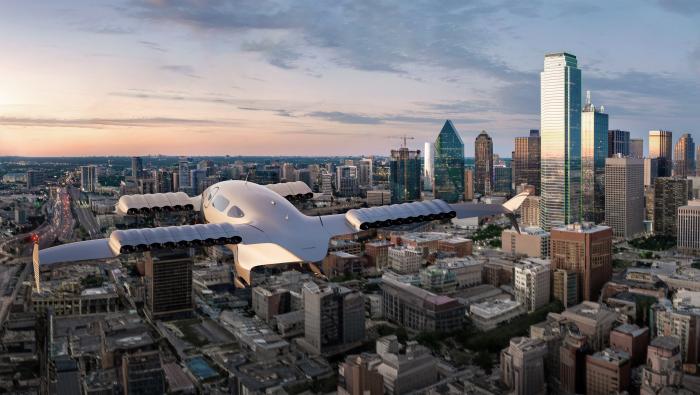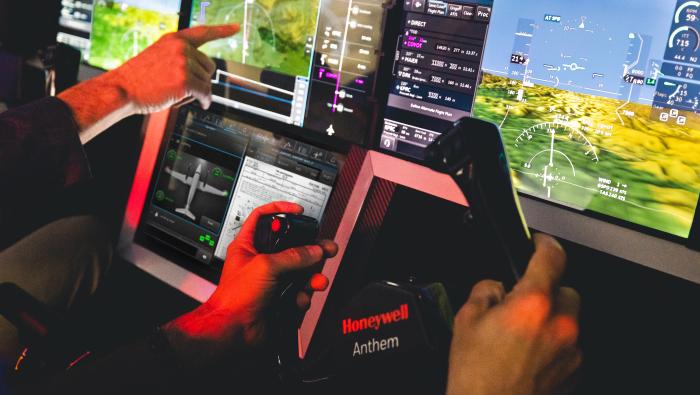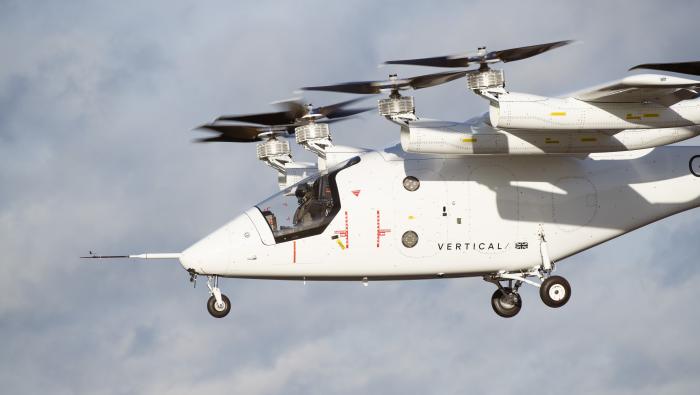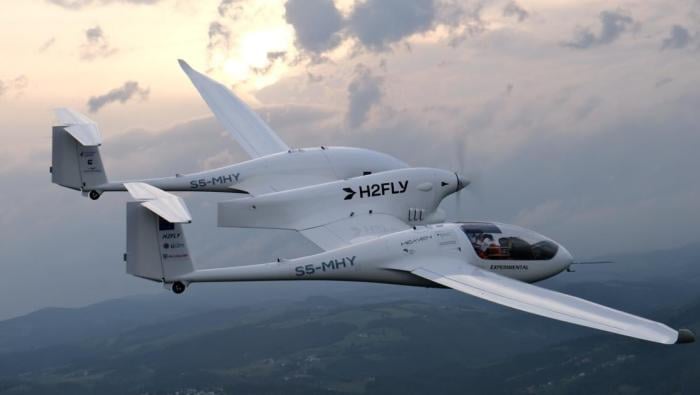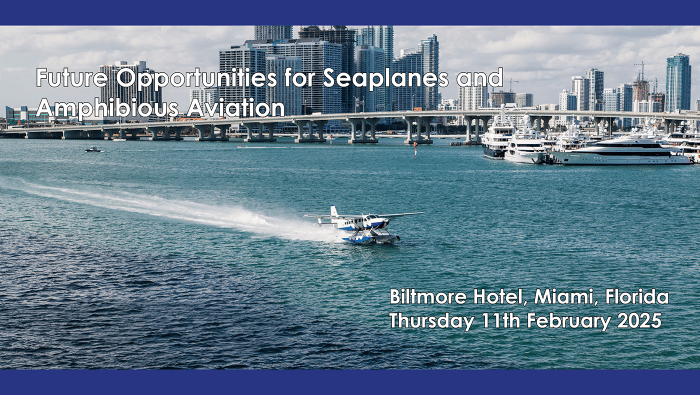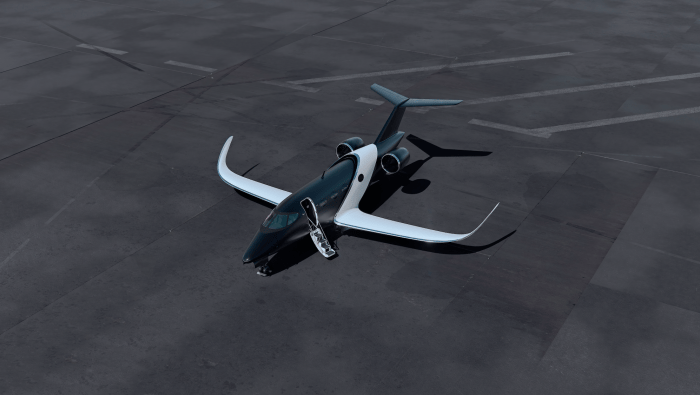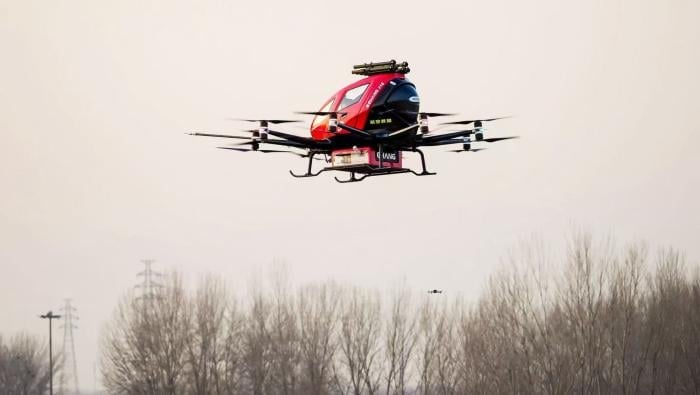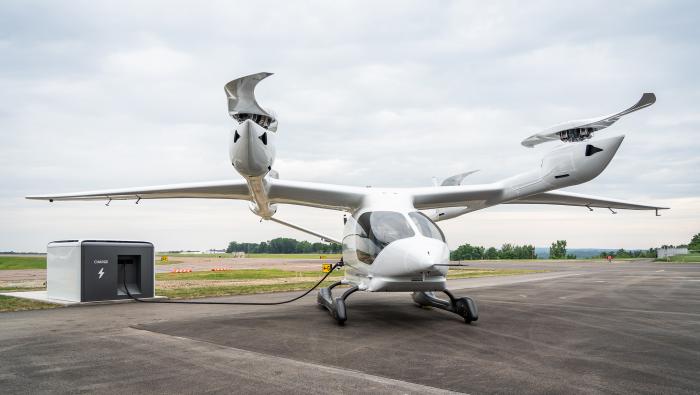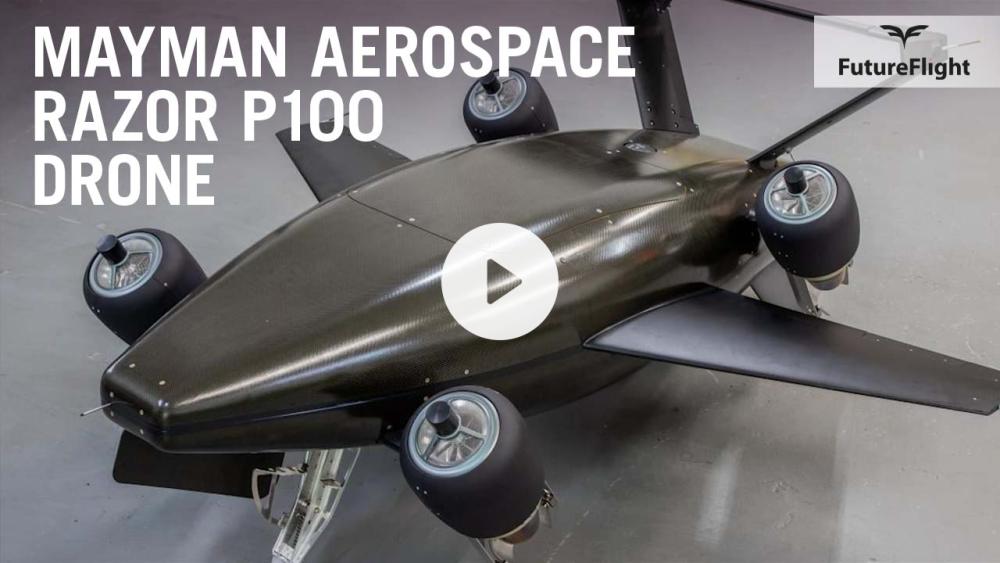Over the last few years, much of the hubbub about hydrogen in the advanced air mobility sector has revolved around hydrogen fuel cells, which could power eVTOL aircraft and small regional airplanes without producing harmful emissions. But hydrogen combustion technology has been picking up steam, too, with several companies preparing test campaigns with hydrogen-burning engines in 2025.
Manufacturers of traditional fossil fuel-burning engines—including Rolls-Royce, Pratt & Whitney, and Safran—are betting on liquid hydrogen as the most effective means of powering large passenger-carrying airliners more sustainably and helping the industry achieve net-zero carbon emissions by 2050.

